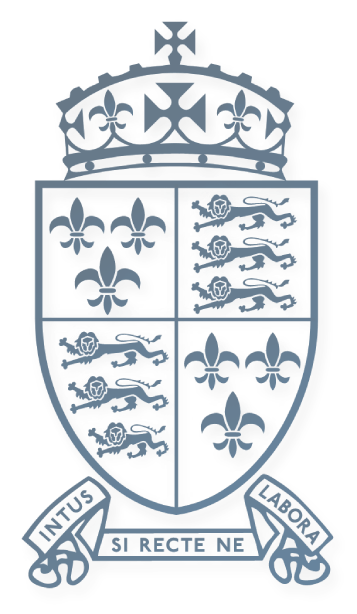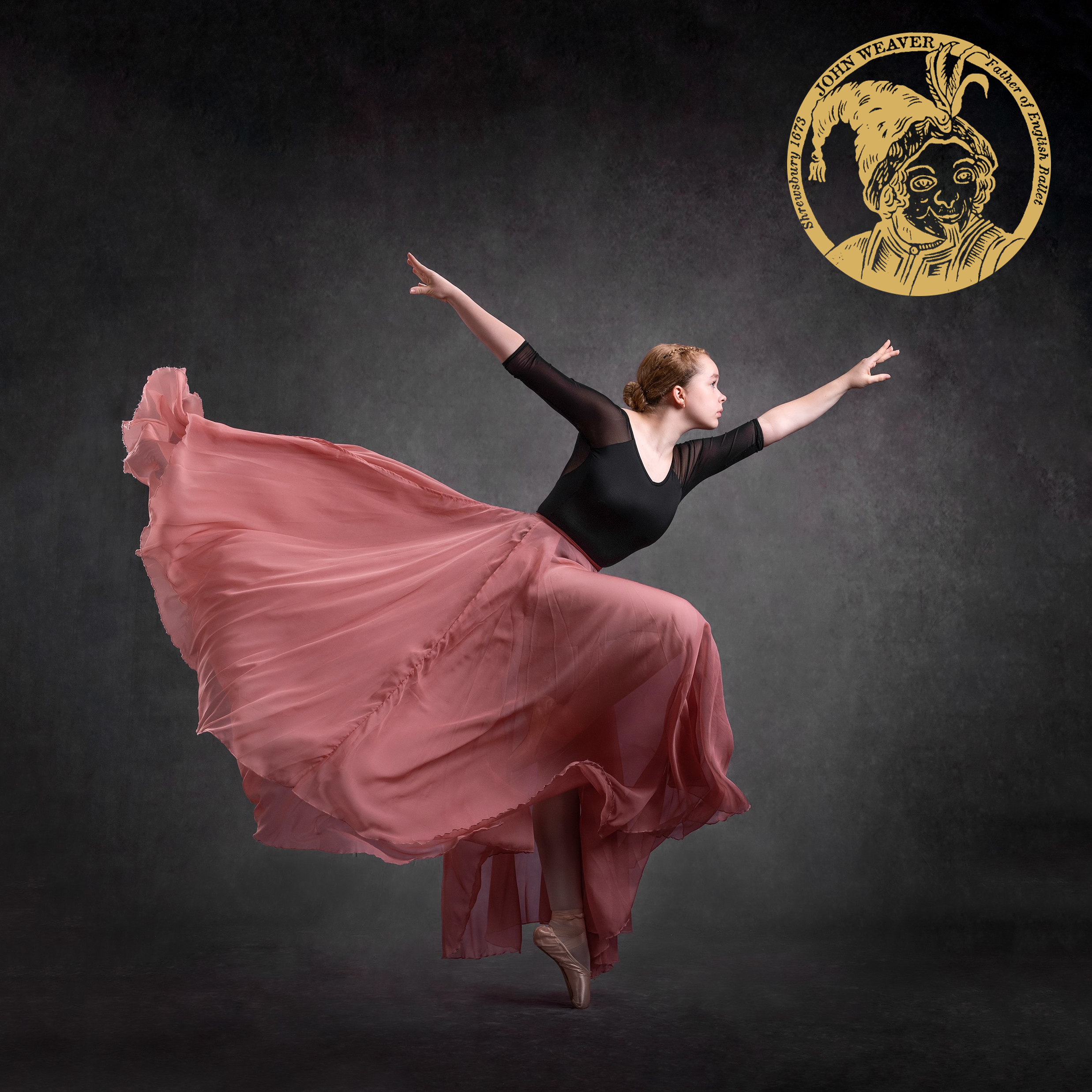John Weaver (1673 – 1760)
John Weaver, who was born in Shrewsbury in 1673, was considered the Father of English Ballet. He was known as the ‘dancing master’ of Shrewsbury from 1720 to 1760 and was a highly esteemed choreographer and producer, creating works such as ‘The Loves of Mars and Venus’ and ‘Orpheus and Eurydice’ which were performed at the royal court and in the West End.
Like his father, Weaver began his career as a dance master in the town. In 1700 he moved to London, where he became a specialist in comic roles. He also began to create his own choreography, inspired by Italian Commedia dell’Arte, classical literature and English theatrical tradition. In his work, the story was told through gesture and movement without spoken or sung explanation, creating a whole new style of dance, which developed into the English ballet we know today.
Weaver’s writings on dance were also of major significance. His treatise An Essay towards a History of Dancing included the most widely adopted dance notation system of the period. Its introduction allowed for more widespread communication and the development of a universal language in dance. Weaver’s contributions helped to establish dance in England as a narrative form and a respected method of artistic expression.
In 1720, he moved back to Shrewsbury, and for the latter part of his life he combined his career as a respected choreographer and producer with teaching at Shrewsbury School. He was buried in Old St Chad’s Church in 1760.
 We are thrilled to welcome Moira Goff to Shrewsbury for a special guest lecture on The History of Dance.
We are thrilled to welcome Moira Goff to Shrewsbury for a special guest lecture on The History of Dance.



